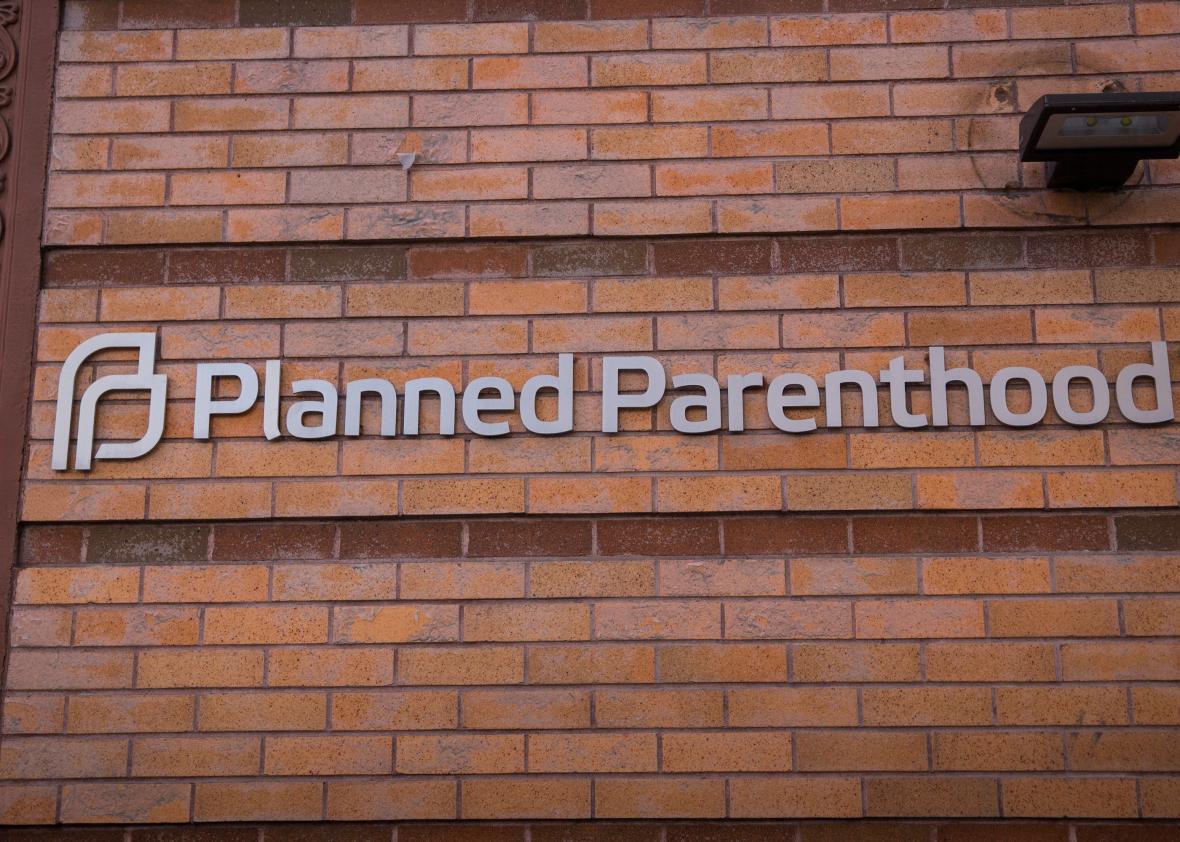States eager to defund Planned Parenthood might as well just take several hundred thousand dollars from government coffers and set them on fire. Mississippi learned this lesson on Thursday, when U.S. District Judge Daniel P. Jordan III (a George W. Bush appointee) blocked the state’s attempt to ban Medicaid reimbursements to several Planned Parenthood-affiliated clinics—none of which, by the way, perform abortions. In a brief ruling, Jordan arrived at the same conclusion reached by every other court to consider this question: State-level efforts to defund Planned Parenthood are obviously illegal. Whether Mississippi will continue to burn money on its futile court battle, like Ohio, or simply give up, like Florida, remains to be seen.
There are two reasons why these state-level efforts to defund Planned Parenthood keep failing in court. The first reason—and the one relied upon by Jordan—is that they directly violate federal law. Medicaid’s “free choice of provider” requirement allows patients to obtain medical care from any facility that is “qualified to perform the service or services required.” States are permitted to set “reasonable standards relating to the qualifications of providers,” but these qualifications must pertain to the facility’s ability to perform safe, competent, legal care. An ideological disagreement with the facility’s affiliates, like opposition to abortion, is not relevant to a provider’s “qualifications.”
For now, this defense has proved ironclad for Planned Parenthood. It’s also proof that its health care providers are not substandard, contra the smear campaign against the organization. If a state could actually demonstrate that Planned Parenthood facilities are unsafe, then it would be legally permitted to defund them for being “unqualified.” But there’s a problem with the free-choice-of-provider rationale: States can request Medicaid waivers from the federal government, requesting permission to bypass the free-choice-of-provider rule. Obviously, the Obama administration would not seriously entertain these requests. But a future Republican president would almost certainly let states like Mississippi bypass the requirement and defund Planned Parenthood.
That brings us to the second reason anti-abortion states keep losing these battles: The U.S. Constitution also provides Planned Parenthood with a strong legal defense against defunding efforts. Under the First Amendment doctrine, the government can’t deprive a group of funds just because it exercises a fundamental right that the government dislikes, or because it promotes an idea the government opposes. Federal judges in Florida and Ohio, as well as the U.S. Court of Appeals for the 10th Circuit, have cited a version of this “unconstitutional conditions” doctrine in blocking state efforts to defund Planned Parenthood. Each court has held that these states are trying to punish clinics for affiliating with an organization that promotes abortion rights—a penalty for speech and association that cannot withstand constitutional scrutiny.
Ultimately, the question of whether the First Amendment protects Planned Parenthood affiliates against defunding efforts may well wind up at the Supreme Court. At that point, the outcome of the case could be decided by the next appointee to the bench. So the continued survival of the organization—and the health of its patients—probably depends on who the next president will be. Guess who Planned Parenthood is supporting?
